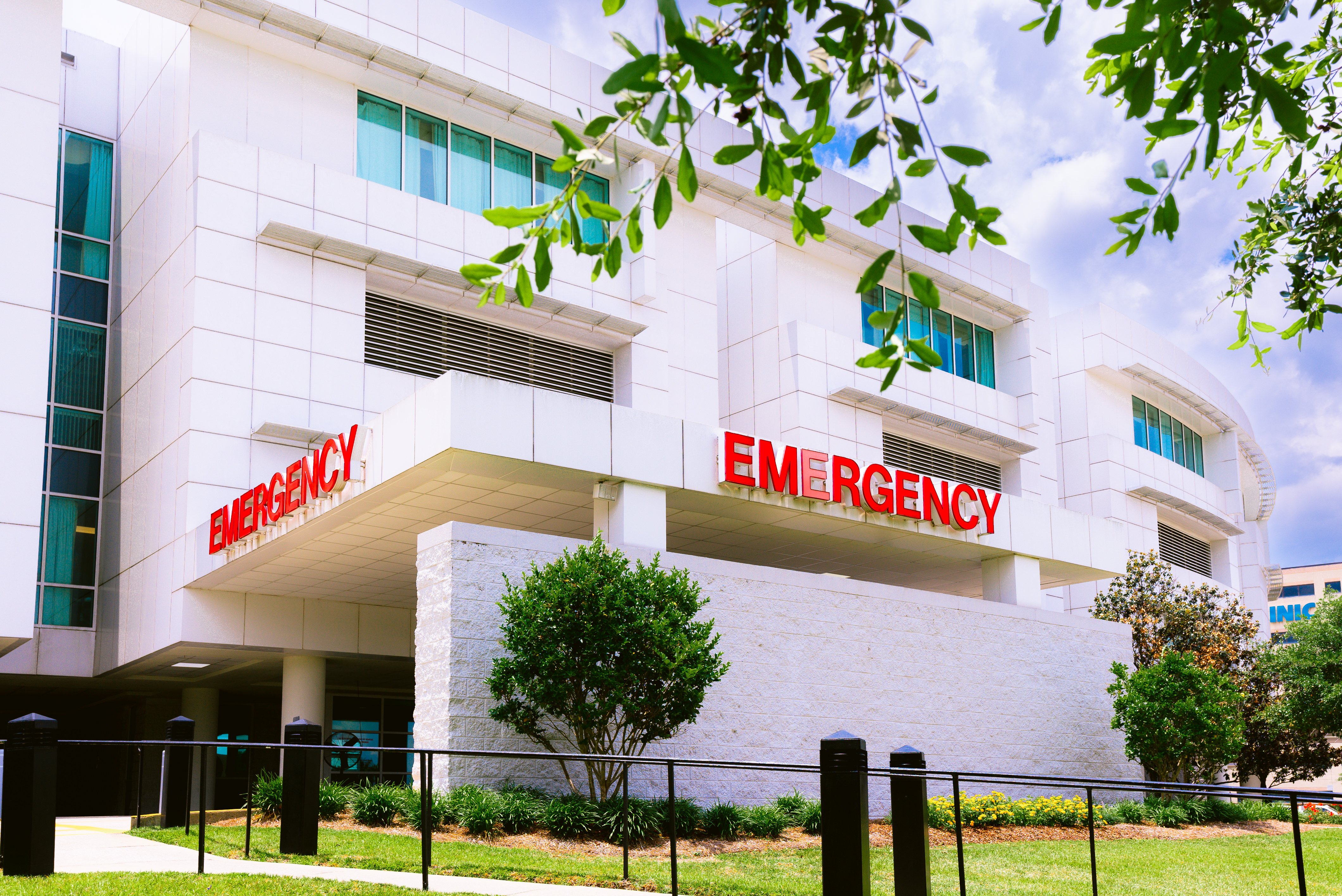Emergency Services

Forrest Health’s Emergency Centers provide around-the-clock emergency coverage for major trauma, general medical treatment, and all other emergency care. Trauma patients that need a higher level of emergency care are transferred to Forrest General Hospital's Trauma Center, the only Level II Trauma Center in the Pine Belt.
Our emergency centers give you access to board-certified ER physicians and specialists, specially-trained nurses and staff, sophisticated testing labs and the latest technology. And, if the situation requires hospitalization, we provide a seamless transition to continue your care.
When to Come to the ER
You should come to the ER if you’re experiencing any of the following symptoms:
- Chest pain and symptoms of a heart attack
- Signs of stroke
- Difficulty breathing or severe breathing problems
- Bleeding injuries
- Major injuries, especially head injuries
- Serious burns
- Broken bones
- Symptoms of poisoning (Poison Control: 800-222-1222)
- Major allergic reactions
- Thoughts of suicide
What to Bring to the ER
- List of current medications (or the medications themselves)
- Personal identification
- Health insurance information
- List of known allergies
- Information about recent medical procedures or test results
- A responsible adults or emergency contact information
What to Expect During Your Visit to the ER
Triage
When you arrive, you will be asked the reason of your visit and some questions about your medical history. A brief exam will also be performed. This process, called triage, is the first step towards treatment. This makes sure the patients with the most serious and threatening conditions are treated immediately. We know that all of our emergency patients are in a condition that concerns them, and we promise to provide you with quality care as quickly as possible.
Treatment
A medical professional who specializes in emergency medicine will do a more in-depth evaluation and may order tests, X-rays, IVs or other procedures. Some results are available quickly, and others may take more time. We will do our best to keep you informed during the process, and questions about your treatment are always welcome.
Registration
During the treatment process, a staff member will come to your room and ask for information such as personal identification and insurance, to begin your patient record. This allows us to order tests and track your results.
Consultation
Once your test results are available, a medical professional will review them with you and re-evaluate your condition. You may be sent for additional testing or prescribed medication. Depending on your condition, you will be discharged, admitted to the hospital or referred to another doctor for follow-up.
Discharge
Before you go home, you'll receive written instructions for continuing care. It's important to understand and follow these instructions and take all medications as prescribed. Be sure to follow up with your primary care provider or your referred provider. You will receive a patient portal activation code on your After Visit Summary that will allow you to access your healthcare record online. If you have questions after discharge, please feel free to give us a call.
ER Advisor
ER Advisor is a new service that updates patients and families on their phones about their progress in the emergency department. All patients need to do is provide a cell phone number to hospital ER registration staff to get started.
With ER Advisor you can:
-
View estimated wait times
-
Get answers to common questions
-
Share your visit timeline with family
-
Get updates on lab status
No sign-up or app download needed.